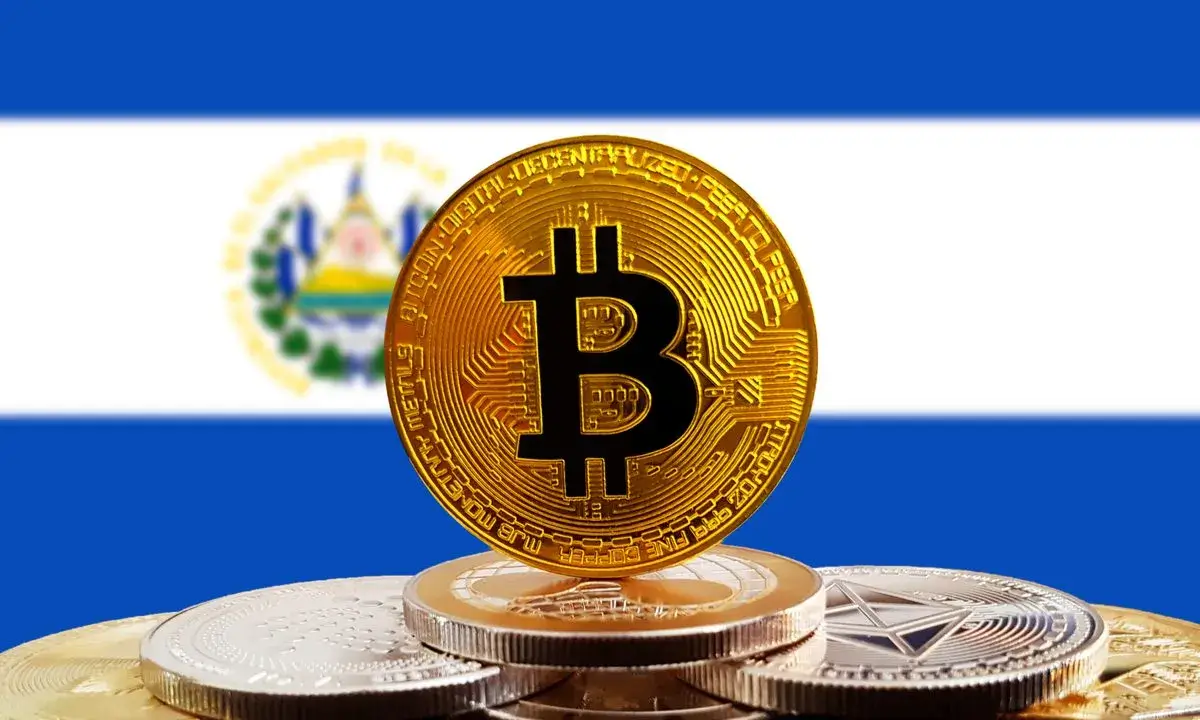El Salvador has significantly increased its Bitcoin acquisitions just a day after finalizing an agreement with the International Monetary Fund (IMF), which requires scaling back certain government-led crypto initiatives.
On Dec. 19, the country, renowned as the first to adopt Bitcoin as legal tender and establish a Bitcoin strategic reserve, purchased 11 BTC worth over $1 million. This acquisition raises El Salvador’s total Bitcoin holdings to over 5,980 BTC, currently valued at over $577 million, according to the National Bitcoin Office’s tracker.
Previously, the country adhered to its “1 Bitcoin a day” program initiated by President Nayib Bukele following Bitcoin’s legalization in 2022. However, the latest purchase marks a shift in strategy, aligning with the National Bitcoin Office’s plan to accelerate Bitcoin acquisitions. Stacy Herbert, director of the Bitcoin Office, confirmed this change on Dec. 19.
This comes on the heels of El Salvador’s tentative $1.4 billion IMF deal, which demands adjustments to its Bitcoin policies. The IMF has consistently warned about the potential risks Bitcoin poses to the nation’s financial stability. Under the agreement, El Salvador will no longer require businesses to accept Bitcoin, making it optional, and tax payments will now be restricted to US dollars. Additionally, the government will phase out the Chivo crypto wallet, introduced in 2021 as a state-backed Bitcoin transaction platform.
Despite these changes, El Salvador remains committed to Bitcoin as legal tender. The nation plans to bolster its position as a Bitcoin-centric economy by advancing Bitcoin capital markets, fostering education initiatives, and supporting private-sector Bitcoin wallets to nurture the ecosystem.
Further, El Salvador will continue promoting blockchain developer training and financial literacy programs as part of its long-term Bitcoin strategy. This commitment comes as global interest in Bitcoin grows, particularly following U.S. President-elect Donald Trump’s proposal to establish a strategic Bitcoin reserve.
Other countries are also exploring Bitcoin-related initiatives. In Brazil, regulators have suggested allocating 5% of the country’s $370 billion treasury to Bitcoin. Meanwhile, a Russian parliamentary deputy has urged Finance Minister Anton Siluanov to consider a similar move. Last month, Polish minister Sławomir Mentzen proposed Bitcoin holdings to make Poland more crypto-friendly.









